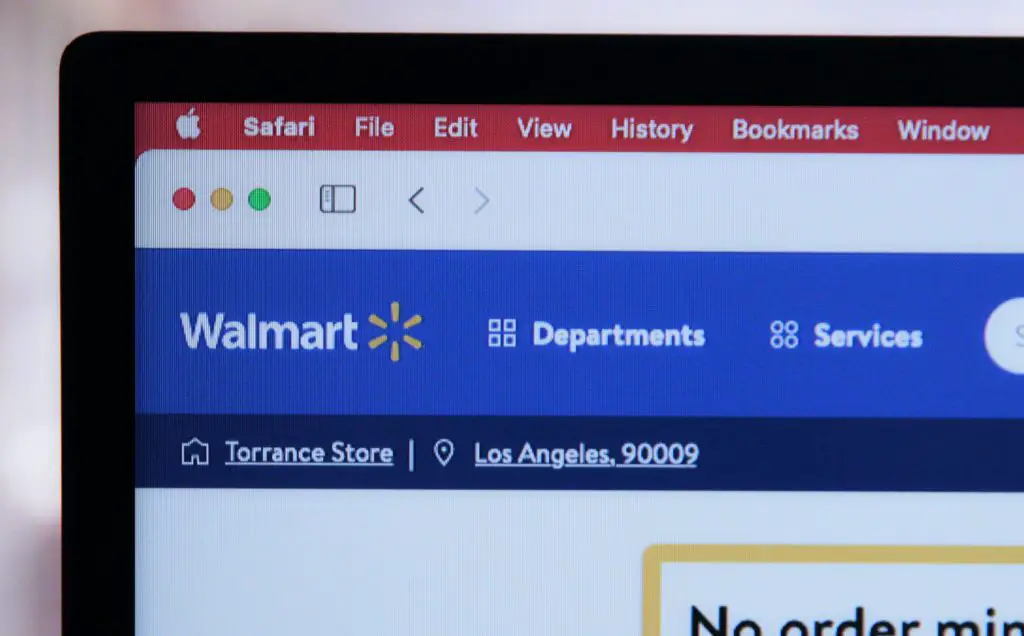

Such payments almost inevitably interfere with the course of justice. The first concerns payment being made to witnesses or people who are likely to become witnesses in court proceedings. I shall give examples of four types of chequebook journalism, each of which is to be condemned.

I understand from talking to journalists in Fleet street that the practice has become so prevalent that even members of the public assume that a fairly large sum of money will be paid to them if they have a story.

We do not know how often chequebook journalism takes place because, by definition, most such transactions take place in secret and the resulting stories masquerade as news items rather than stories under the name of the person from whom the information was obtained. If newspapers are obliged to reveal when they have paid large sums of money in the circumstances described, they might well be embarrassed and therefore desist. My Bill will reveal what goes on in an attempt to make the practice less prevalent. My Bill does not make chequebook journalism illegal but it is intended to give the public the right to know when it occurs-when sums of money are paid to people other than journalists or regular contributors in return for information that can be the basis of a news item. So has the Press Council and the House on previous occasions. Many journalists are unhappy about it and the National Union of Journalists has condemned the practice. That leave be given to bring in a Bill to provide for the declaration in any newspaper story, published as a result of payments other than to a journalist or regular contributor, for the rights to such stories, of the amount paid for those rights and the names of those to whom payment was made.Ĭhequebook journalism has caused many people a great deal of anxiety.


 0 kommentar(er)
0 kommentar(er)
